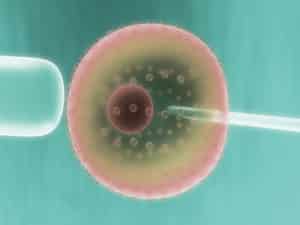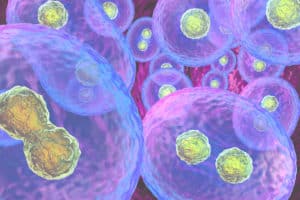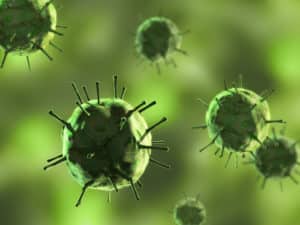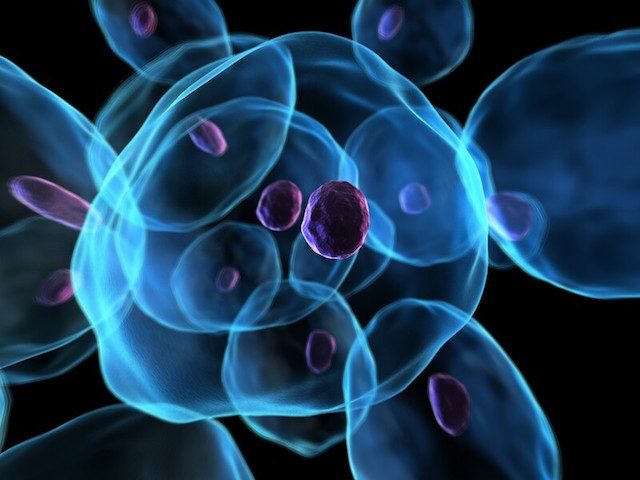 The field of medicine is currently going through a revolution thanks to synthetic biology. This new field of biology works by having scientists program cells that are already alive in a person’s body. This means that the scientists can adjust cells to respond more quickly and more effectively to threats of disease and other harmful environments within the body than current treatments do.
The field of medicine is currently going through a revolution thanks to synthetic biology. This new field of biology works by having scientists program cells that are already alive in a person’s body. This means that the scientists can adjust cells to respond more quickly and more effectively to threats of disease and other harmful environments within the body than current treatments do.
Additionally, immunotherapy has dramatically changed cancer treatment over the past few years. Immunotherapy is finding a way to induce the body’s own immune system to fight tumors. The problem with immunotherapy currently is that not all tumors have shown a response to it.
Addressing Problems with Immunotherapy
A research team from Columbia University is trying to use synthetic biology to address the problems with cancer immunotherapy. They are producing a type of bacteria that can group tumors in the body and then deliver immunotherapies to the grouped tumors. In a study with mice, this treatment caused complete regression of lymphoma and also controlled the tumor at more distant cancer sites. Tal Danino, an assistant professor who worked on the study, says that the control of these distant tumors was the most surprising finding of the study. It suggests that the immune system can be trained through synthetic biology to hunt down tumors that were too small to be identified initially.
How the Bacteria Fights Cancer
 The study was led by Nicholas Arpaia, who is an assistant professor of microbiology and immunology at Columbia University Medical Center. He and his team developed this bacteria that can grow and multiply within the core of a tumor. Once the bacteria have multiplied to a certain number, they are programmed to self destruct, and the self destruction of the bacteria cells releases the immunotherapy that fights the tumor. A small number of cells are also programmed to survive the self destruction so the entire process can happen repeatedly.
The study was led by Nicholas Arpaia, who is an assistant professor of microbiology and immunology at Columbia University Medical Center. He and his team developed this bacteria that can grow and multiply within the core of a tumor. Once the bacteria have multiplied to a certain number, they are programmed to self destruct, and the self destruction of the bacteria cells releases the immunotherapy that fights the tumor. A small number of cells are also programmed to survive the self destruction so the entire process can happen repeatedly.
A Key Protein in Cancer Survival
The key thing released during the self destruction is a nanobody that targets a protein called CD47. CD47 is critical to cancer survival. It issues a signal that tells normal immune system cells to not fight against it, which is one of the reasons why cancer is so difficult to kill. There are a massive number of CD47’s in human tumors which has made them a popular target for cancer treatment. The issue is that this protein is located all over the body. As a result, treatments that fight CD47 can harm parts of the body that do not have cancer.
The Columbia research team is the first to find a way to target only the CD47 proteins that are within the tumor and avoid toxic effects on the rest of the body. By blocking the CD47 that is in the tumor, more immune system cells are activated and begin to attack the cancer. Not only did this lead to regression of the tumors that were being attacked, but it also led to less metastasis of cancer throughout the body. Arpaia said that the study group that was not treated with the engineered bacteria did not experience the same success.
The Next Steps
 The next step for researchers in improving the use of synthetic biology is to repeat these tests and hope they can recreate the same results. They also need to perform additional safety and toxicology studies in mouse models to make sure that these bacteria are safe for humans to use in the cancer fight. They also plan to collaborate with the head of oncology at Columbia’s Medical Center to move these experiments into a clinical trial.
The next step for researchers in improving the use of synthetic biology is to repeat these tests and hope they can recreate the same results. They also need to perform additional safety and toxicology studies in mouse models to make sure that these bacteria are safe for humans to use in the cancer fight. They also plan to collaborate with the head of oncology at Columbia’s Medical Center to move these experiments into a clinical trial.


























